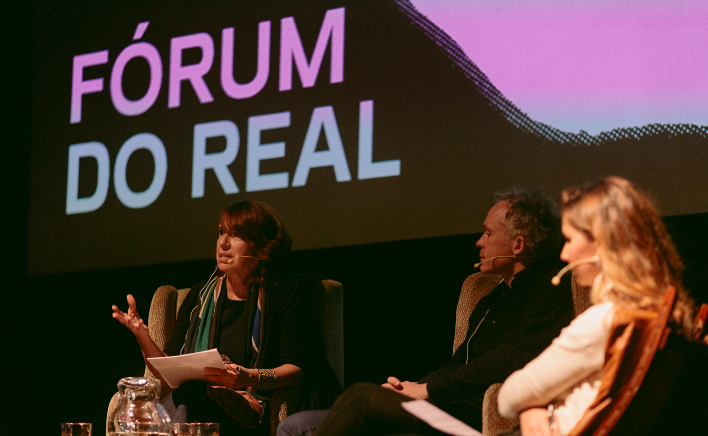
Check alignment of three panels here: Historie(s) of City; Imagined Cities; Fuck The Polis.
While much of the process of industrialisation that began in the 19th century only reinforced the centralism of the polis, with the triggering of several massive exoduses, with the new proletarians taking the place of the old peasantry, relocated in factories, today the problem is reversed and it becomes necessary to make the cities themselves – both over- and under-inhabited, gentrified and hyper-exploited – liveable. Moreover, it is necessary to make citizen cities, as far as the experience of the city is concerned, when much of what we find oscillates between the ruin and the simulacrum of some street experience: simulacrum of a traditional restaurant; simulacrum of a neighborhood bakery; in extreme cases, simulacrum of a natural landscape. Resisting such a simulacrum – valued and obviously exploited by a hyper-capitalist system that directly benefits from it – often means violating it or occupying those spaces of the city: its squares, its gardens, its streets. To return the city to its inhabitants is to enforce the right to the city, to citizenship. In the limit, it is to make the space liveable.
It is no coincidence that many of the recent collective social demonstrations in Madrid as in Tahrir, in Berlin as in Wall Street are taking place in the same way: occupying the squares, constituting the res-publica, and seeing themselves as a collective body. Another such reaction necessarily involves a "return to the roots", in search of the experience of a dreamed rurality that perhaps no longer exists as such, and even a rejection of the city as such: a reverse-shot, an hors-champ. From Walter Benjamin's passages from the nineteenth century Paris to the debordian situationist drifts, we will try to unveil the possible lines of escape for a revaluation of the experience in contemporary cities. At the same time, we propose to reflect on the way in which cinema has accompanied the transformations of cities throughout the 20th and 21th centuries – from the modernist and machinist avant-garde of perpetually moving cities (Walter Ruttman, Manoel de Oliveira, Dziga Vertov, etc.), reinforced by editing, to the deceleration of the camera movement in the form of a slow cinema that does not exclude the creation of non-orientable spaces (Pedro Costa, Tsai Ming-Liang, etc.), topological spaces.
In 2020, the Forum will bring together three panels of guests from a wide range of areas (cinema, philosophy, architecture, literature, among others) to discuss these issues. In parallel to the Forum, the festival will present a programme of films of the same name – The AfterCity – whose selection aims to reflect some of the issues listed. In recent years, the Forum of the Real has received several national and international guests such as Raymond Bellour, António Guerreiro, Pedro Mexia, Ben Rivers, Paulo Branco, José Bragança de Miranda, João Pedro Rodrigues, Valérie Massadian, Filipa César, Álvaro Domingues, among many others, having discussed pressing issues of contemporary cinema (archive and post-memory, fictions of the real, identities, etc.).